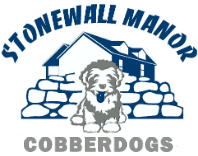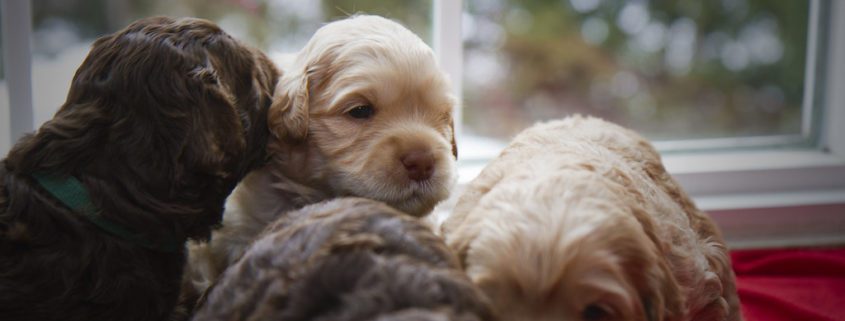Puppy Care: From Newborn to 8 Weeks Old
There are many puppy care guides available both online and offline. Some may provide conflicting advice and leave you confused. To help, we’ve provided you with the basics on caring for your puppy for the first 8 weeks of life. From newborn to three weeks, and three weeks to eight weeks, here are the things you should focus on when caring for your new puppy.
For the first three weeks, don’t be afraid to just let your puppy sleep!
As puppies don’t have much use of their eyes, ears, and nose for the first three weeks of life, it’s perfectly fine to let them sleep a lot. This way, they can develop properly. Just be patient, as in the fourth week, their senses will awaken and likely begin to walk.
Get your puppy vaccinated.
Ask your vet about when your puppy should be vaccinated. When your puppy is ready, be sure to start right away. There are dangerous diseases such as canine parvovirus that can be prevented through the use of vaccines.
Let the puppy’s mother do the important early work.
As the puppy begins to walk, it’s important to keep the puppy around his or her mother and/or siblings as much as possible. You’ll want to do this until the puppy is 8 to 12 weeks old. This way the puppy can be properly weaned. However, you can begin to introduce solid food around the fourth week to help the process along. Also, mother and siblings will help socialize the puppy with other dogs and people, as well. The mother also teaches discipline and puppy play-biting helps teach bite inhibition.
Many experts suggest leaving the puppy with his or her puppy mates up until 12 weeks old, before giving the puppy a permanent home with people. This is because it’s a very important time when the dog is establishing his/her identity and stability.
Let your puppy explore.
By six or seven weeks old, your puppy should be weaned, have teeth, and be eating solid food. This is when it’s important to make sure the puppy has plenty of toys to play with. The puppy’s mother should still be around to supervise the puppy’s play. You can also begin house-training the puppy at this point. It’s very important to let your puppy explore and learn. The more you do this, the better companion you will have, and a better part of the family your puppy will end up being.
Once the puppy is weaned, vaccinated, and house-trained, you’ll be ready to have the puppy become a permanent part of your family.



